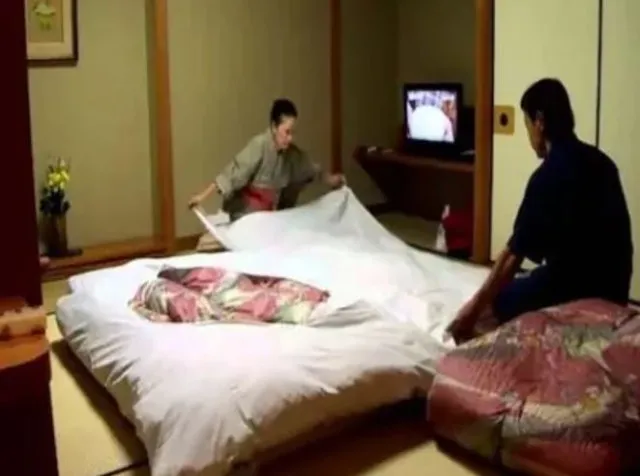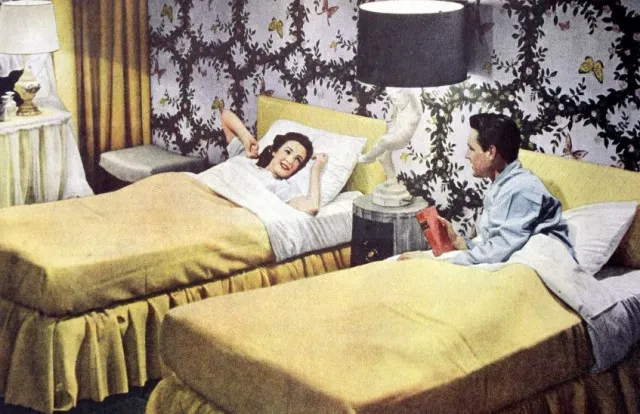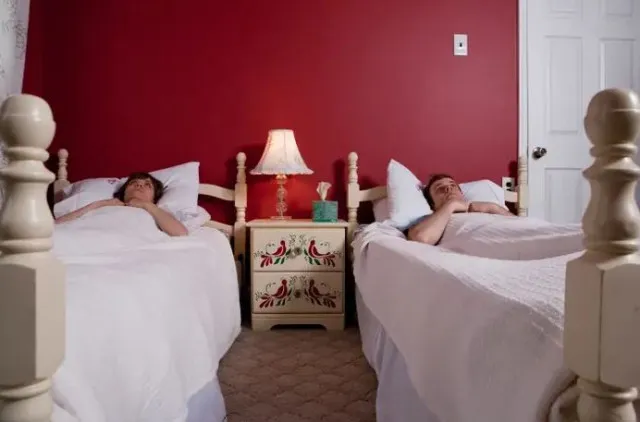Japanese couples often sleep in separate beds or even separate rooms, despite living in smaller homes or apartments.
Sleeping arrangements in Japan often surprise outsiders, as many married couples opt to sleep apart.
This tradition, rooted in practicality and cultural norms, prioritizes health, family, and peace of mind over convention.
Different sleep schedules call for separate beds

One common reason is differing work schedules.
Many Japanese adults work late hours or start their day early.
Sharing a bed often disrupts a partner’s sleep if one person comes home late or wakes up early.
By sleeping in separate rooms or beds, both partners ensure uninterrupted rest.
This arrangement supports better health and overall energy levels.

Mothers share beds with their children
In Japan, co-sleeping between mothers and their young children is common and encouraged.
This tradition allows fathers to choose between sharing the bed or moving to another room. Scientific studies highlight the benefits of co-sleeping for children.
It stabilizes their temperature, heart rate, and sleep patterns, reducing the risk of sudden infant death syndrome (SIDS).
Additionally, co-sleeping fosters independence and boosts children’s self-esteem as they grow.

Separate sleeping ensures peaceful rest
For many couples, sleeping separately is about achieving quality rest. Sharing a bed can bring disturbances such as snoring, tossing, or kicking.
While some cultures associate separate sleeping with marital issues, Japanese couples view it differently.
They prioritize comfort and tranquility, considering sleep an essential part of well-being.
Even couples in small apartments often wish for separate spaces to ensure better rest.

A historical preference for sleeping apart
Japan’s tradition of separate sleeping dates back centuries. Futons, thin mattresses placed on the floor, were historically designed for single sleepers.
Sharing a small futon wasn’t practical, leading couples to use individual bedding.

Today, futons remain popular in many households because they save space and are easy to store.
This historical practice influences modern sleeping habits among couples.
Embracing the benefits of sleeping separately
Sleeping apart doesn’t indicate a lack of intimacy in Japanese relationships. Instead, it reflects a cultural emphasis on harmony, health, and practicality.
By respecting individual sleep needs, couples strengthen their bond while maintaining personal well-being.